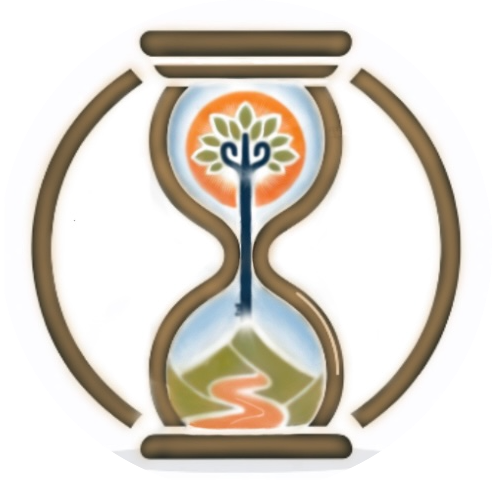Where Beekeeping Meets Quantum Ethics Over Elderflower Tea
In the future, nobody asks, “What do you do for a living?” Instead, the question is:
“What did you learn this week?”
Welcome to the Reskilling Renaissance, where lifelong learning is less about LinkedIn badges and more about your soul lighting up like a lantern.
The heart of this revival? Reskilling Renaissance Halls—architectural wonders that look like a love child between a greenhouse and a cathedral, humming gently with energy and ideas. Inside, every corner blooms with possibility. One room smells of beeswax and bread (beekeeping + sourdough fermentation), while another buzzes with conversation about AI ethics and how to teach compassion to machines using poetry.
It’s part library, part maker-space, part grandparent’s basement workshop—but reinvented for a world that no longer measures success by productivity alone.
Here, a 14-year-old apprentice might teach elders how to program nature-simulating drones, while a retired midwife demonstrates herbal tonics passed down through five generations. A refugee might lead a session on building solar ovens from recycled glass, and an AI interpreter translates the laughter of students in real-time, so language barriers become invitations instead of obstacles.
One of the most popular classes? Emotional literacy—led by a former conflict negotiator and a comedian, because let’s face it: empathy is way easier when you’re laughing.
But the beauty of these halls isn’t just the skills—it’s the synergy. Every week ends with a collaborative “Skill Jam” where the baker, the coder, and the botanist dream up a community project together. One week it’s an edible street mural made of native plants. The next? A water-saving irrigation system based on ancient clay pots and modern algorithms.
There are no grades. No tuition fees. Just a culture of curiosity and mutual uplift. These halls aren’t about preparing for jobs. They’re about preparing for living well, together, on a planet that’s been through enough.
Gone are the days of cutthroat competition and academic gatekeeping. Now, we build knowledge like we build gardens—cooperatively, patiently, and always with room for surprise.
Because when everyone is both teacher and student, the future starts to look a lot less like a test… and a lot more like a symphony.

